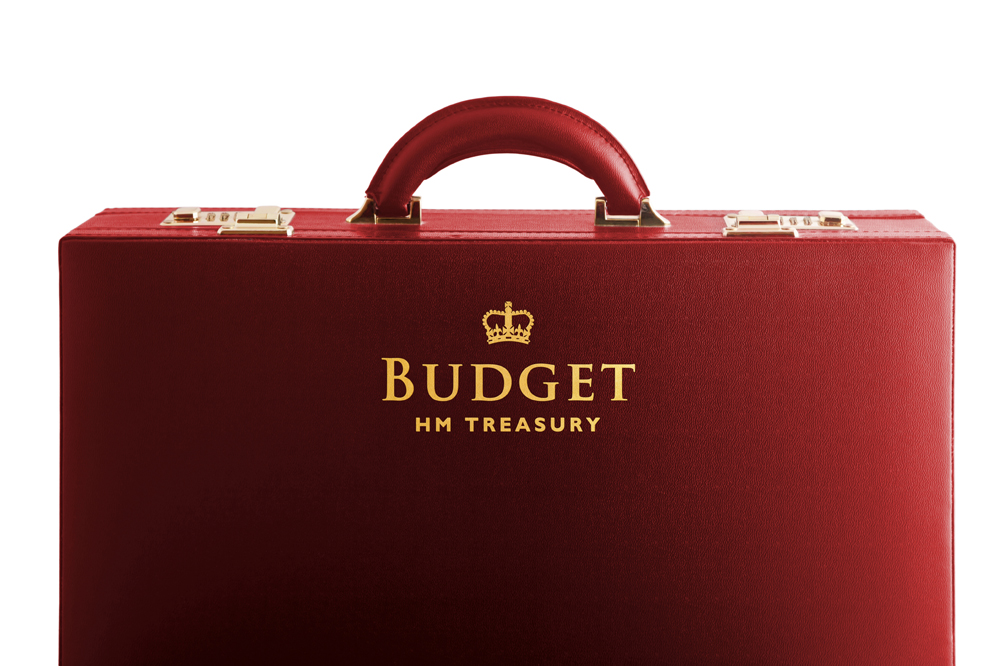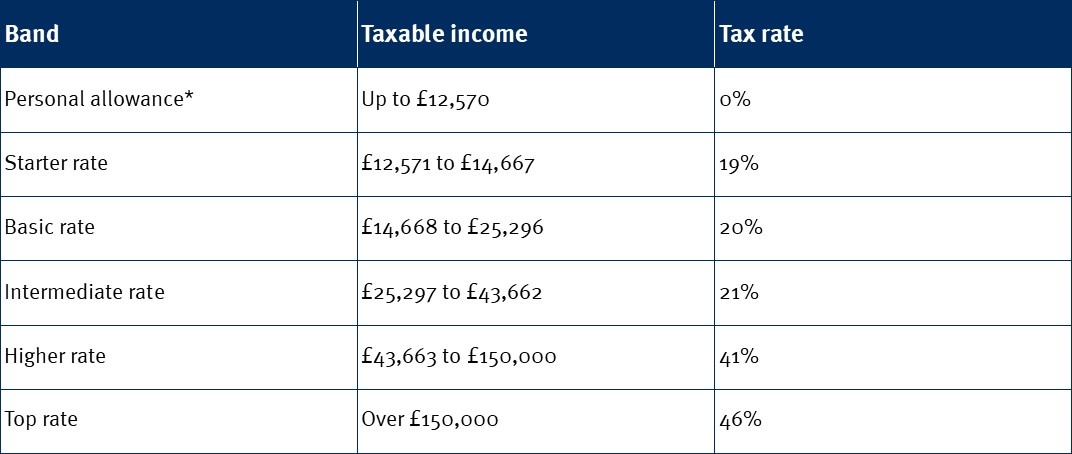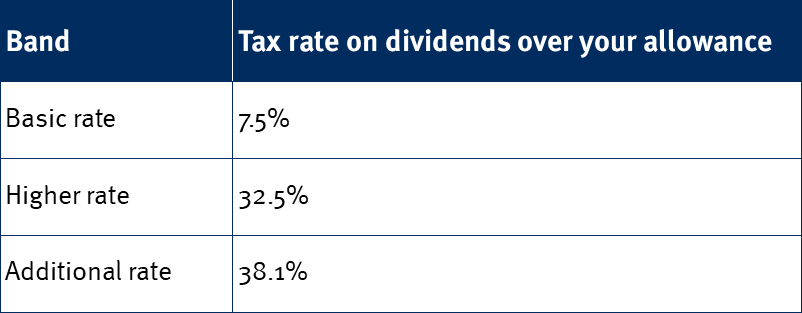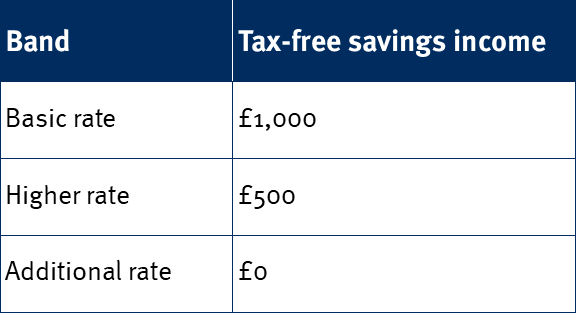ISAs
The ISA allowance subscription limit for 2021/22 will remain unchanged at £20,000 and the annual subscription limit for Junior ISAs and Child Trust Funds will remain at £9,000.
CGT
Mr Sunak made no mention of the much-speculated increase in capital gains tax (CGT) rates to match income tax but the annual exemption will remain unchanged at £12,300.
All individuals will continue to have a CGT exemption of up to £12,300 of gains. This will remain frozen at this level until April 2026.
Above this, CGT will continue to be paid at 10% (18% for second properties or buy to let) if the chargeable gain falls within an individual’s basic rate band. Any gain that is above an individual’s basic rate band will be charged at 20% (28% for second properties or buy to let).
Pensions
As widely rumoured and in line with both the CGT and inheritance tax (IHT) exemptions, the Chancellor has announced the freezing of the pension lifetime allowance until April 2026.
The lifetime allowance is the amount of pension people can save before they are taxed on it. Any amount you have in your pension above the lifetime allowance is subject to a tax charge. It is a one-off charge of 25% if the excess is taken as income, or 55% if paid as a lump sum.
It has been the focus of change for many years since its introduction in 2006. The lifetime allowance originally started at £1.5m, rising steadily to £1.8m by 2011 before being cut to a low of £1m by 2016. Since 2018, the allowance has risen in line with inflation and was expected to rise by £5,800 to £1,078,900 for 2021/22 but has now been frozen at the current level of £1,073,100.
Such a measure is often seen as a ‘stealth tax’ and could drag many pensioners into the lifetime allowance tax net. Although this will only impact people who already have substantial pension pots, the limit could be closer than some realise, and not just for high earners but also those in valuable final salary pension schemes. There is also a real risk that freezing the allowance will only discourage saving towards retirement.






